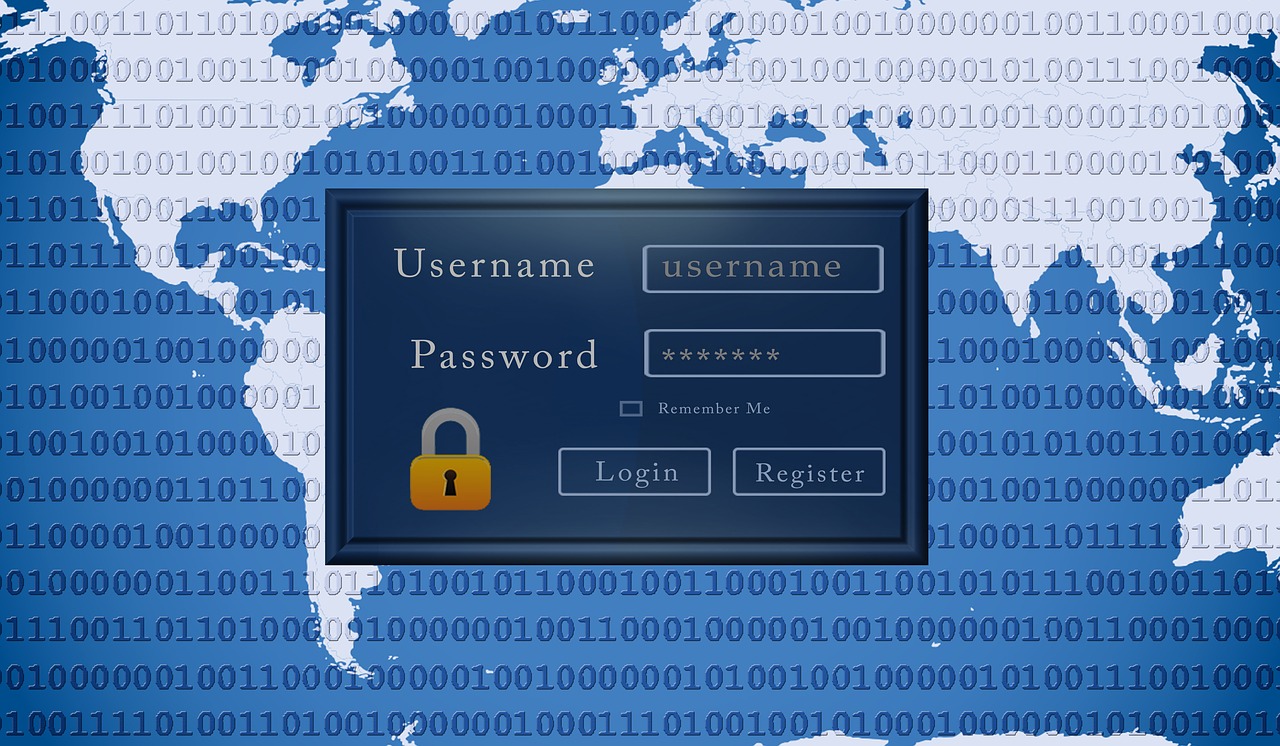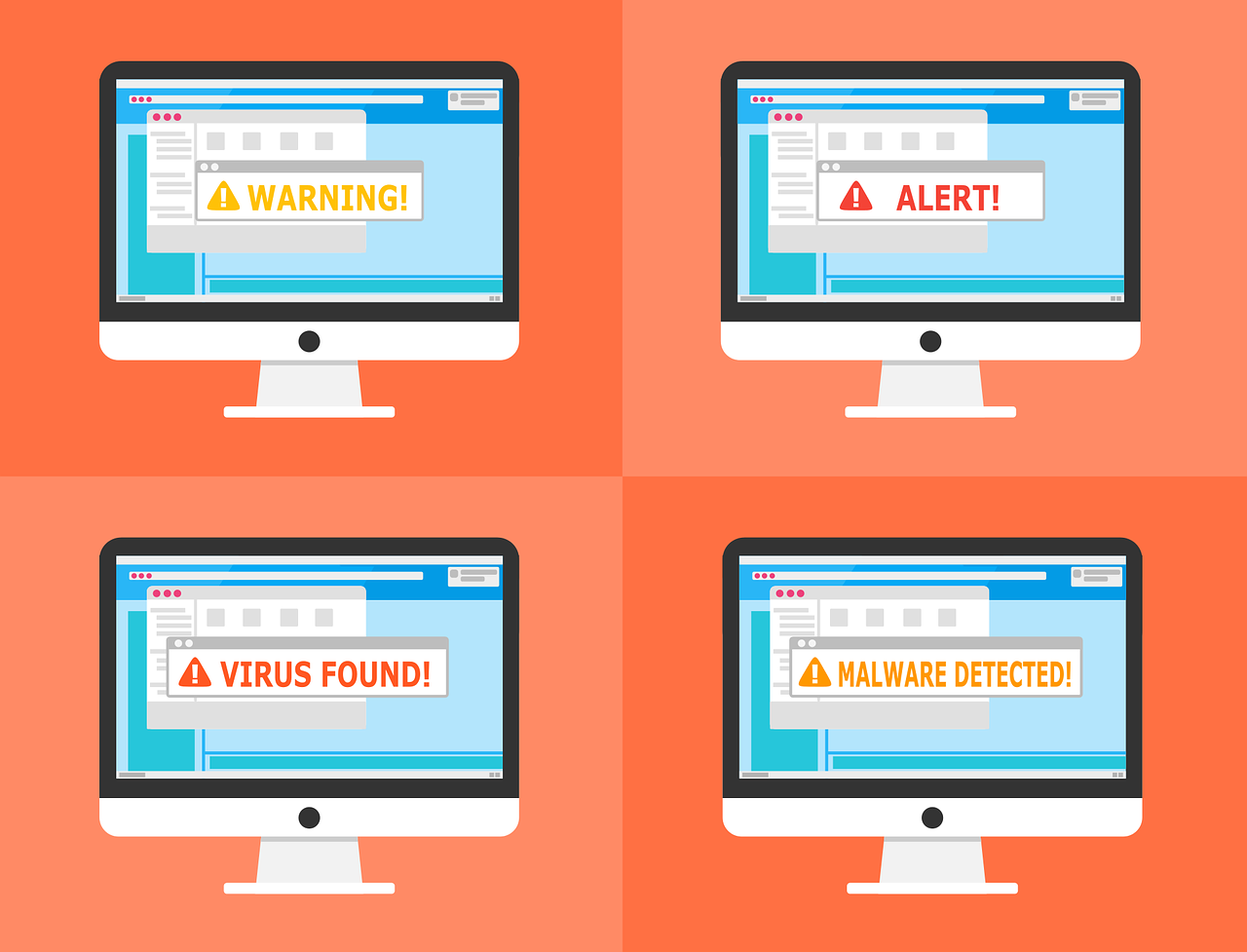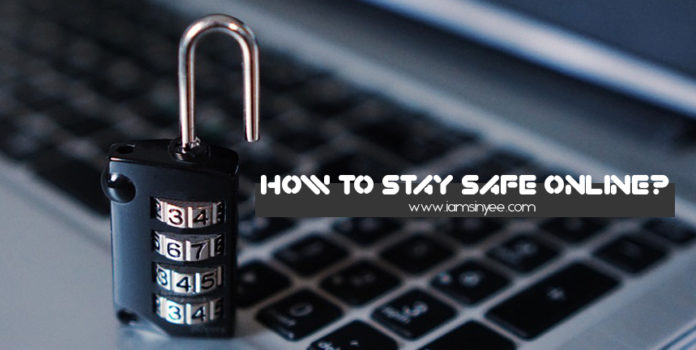The Internet is the ultimate double-edged sword. On one hand, it gives you access to useful knowledge, such as Coursera’s different data science courses which can all be completed online. On the other hand, every time you go online, you could be opening up your personal data to being stolen by capable and cunning hackers. Fortunately, there are a number of ways to protect yourself, your data, and your devices during your online journey of discovery.
Change Your Passwords
Any online presence of yours can be used to access personal and financial information that can then be used against you in some way. This is why it’s important to keep changing your passwords, whether for your Instagram or for your online bank account. Do this on a monthly basis, and never use the same password for different accounts. The idea is that even if hackers do manage to bypass the security safeguards of your operating system, browser, Internet provider, private networks, or social media sites, the passwords they find could already be obsolete if you keep changing them on a regular basis. This is one of the easiest ways to keep yourself protected online as it requires no special knowledge of the web – just due diligence.

Never Open Unknown E-Mails, Attachments, or Links
E-mail phishing remains to be one of the most effective ways for hackers to dig up personal data. This is especially true today when people are scrambling to find information on COVID-19, with e-mails, attachments, or links being designed to look like legitimate news or scientific sources for battling the pandemic. Before you open e-mails from unknown senders, ask around who the source of the e-mail is and do the research. Look for grammatical and spelling errors, or even small changes to the URLs of official websites – telltale signs of e-mail/link phishing scams.
Use a VPN
A Virtual Private Network (VPN) acts as a protective layer against other private and public online networks. Today, it’s mostly used to hide the user’s geographic location from prying eyes, allowing you to surf the web more safely as well as access certain websites with geographical restrictions. It’s a useful tool not just for staying safe online, but also for discovering new sites. However, ExpatBets guide to VPN use notes that you should also be aware of certain legal caveats depending on where you’re located. It’s illegal to use VPNs in countries like the UAE, Venezuela, Uganda, Russia, Oman, Iraq, Iran, Turkey, China, and Belarus. Being aware of such legal stipulations is also a big part of staying safe as you’re surfing online as you don’t want to incur any unnecessary penalties.

Keep Your Anti-Malware Software Updated
Simply ensuring that the software in your device is updated can add an extra layer of protective online security. TechWire Asia advises netizens to use anti-virus and anti-malware software that can give you an instant warning should you click any suspicious links or try to open any unverified attachments. Many of today’s protective software providers also have versions that can be installed directly to your browser, making them more convenient to use. You can also use this type of software to regularly scan your computer for any viruses or malware that might’ve gotten through your device’s defenses.
These are just some of the fundamental ways to stay safe while surfing the web. Keep yourself updated on the latest industry news on cyber security so that you’re always aware of what you need to watch out for. You don’t always need to be a tech expert to protect yourself online. A little common sense can go a long way in virtual space.










